Table Talks, Discussion
Earthbound Knowledge: A Forum I
in English
The Anthropocene Campus drew to a close with an open hearing: what knowledge forms and driving themes inform the drafting of a curriculum for the future, one in which earthbound knowledge is inscribed? Reflecting on the experiences within the pedagogical experiments—both in teaching as well as in learning—held at the Campus, questions concerning conceptual foci, relevance, methodological approaches, and the conditions that frame knowledge and its mediation were debated.
What consequences can we distill from the alarming rift that has emerged between our institutional education systems and the challenges posed by the Anthropocene? How can we reorganize epistemic fields and modes of knowledge transfer?
The Forum opened with reflections upon the plurality of knowledge forms: what particular qualities do we invoke and what characteristics are we referring to when we speak about knowledge and its mediation? Knowledge does not float in some universal space; rather, it is predetermined by and situated within specific experiences, bound to ongoing discussions, and implicated by its own limitations. Intense conversations between instructors from the Anthropocene Campus and external guests addressed topics such as the institutional construction of certainties, the public organization of knowledge and its application and a conscientiously responsible means of working with uncertainty.
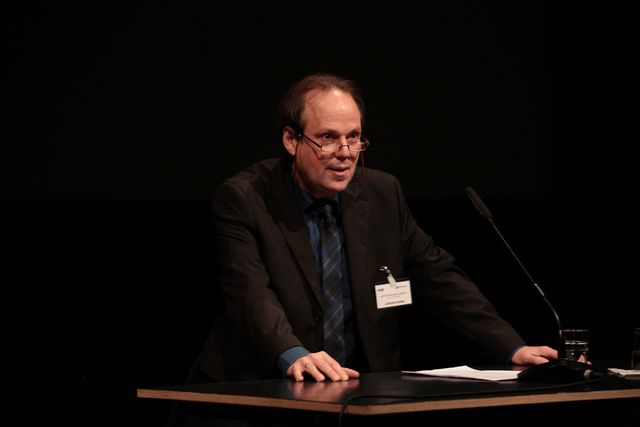
Introductory Speech
By Jürgen Renn. more...
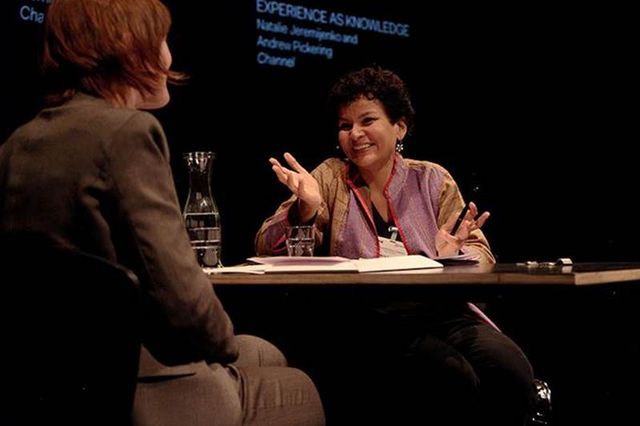
Table Talk I: Public Knowledge
Who contributes to the generation and dissemination of knowledge? How can expert knowledge and lay knowledge be integrated into a fertile complementarity that rests on democratic values and participation?
With Amita Baviskar and Rifka Weehuizen
more...
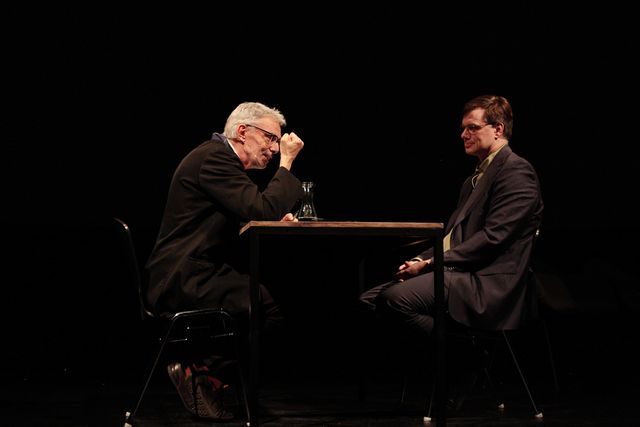
Table Talk II: Limits of Knowledge
When it comes to the abundant scope and breadth of the Anthropocene and its concerns, one can ask: what are the limits of observation, accuracy, measurement, and calculation? What are the limits of descriptive accounts and written representation? How can one deal with uncertainty, ignorance, or risk?
With Wolfgang Lucht and Dominique Pestre
more...
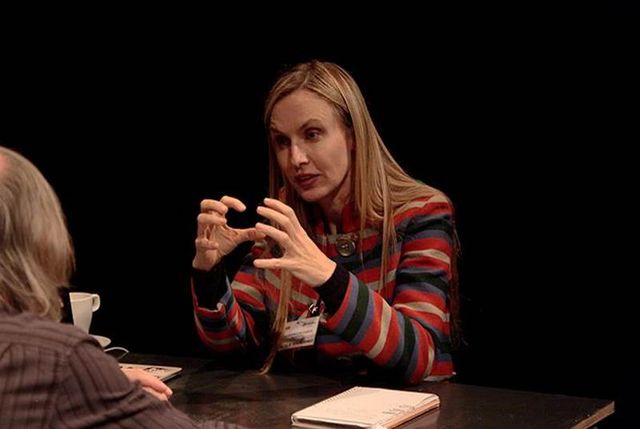
Table Talk III: Experience as Knowledge
What is the role of experiential knowledge based on sensual perception – in grounding knowledge within and concerning the Anthropocene? Why should – and how could – much neglected ideas and practices around hands-on material engagement, as well as the performativity of fieldwork, be approached anew, as a focal point and foundation for education?
With Natalie Jeremijenko and Andrew Pickering
more...
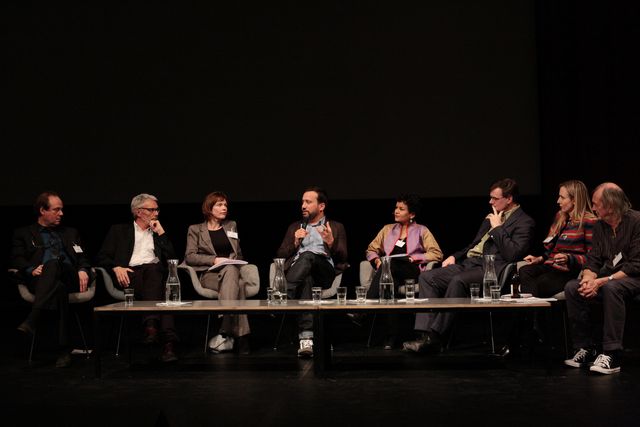
Final Discussion
The table talks were followed by a joint discussion with Amita Baviskar, Natalie Jeremijenko, Wolfgang Lucht, Dominique Pestre, Andrew Pickering, Jürgen Renn and Rifka Weehuizen. more...